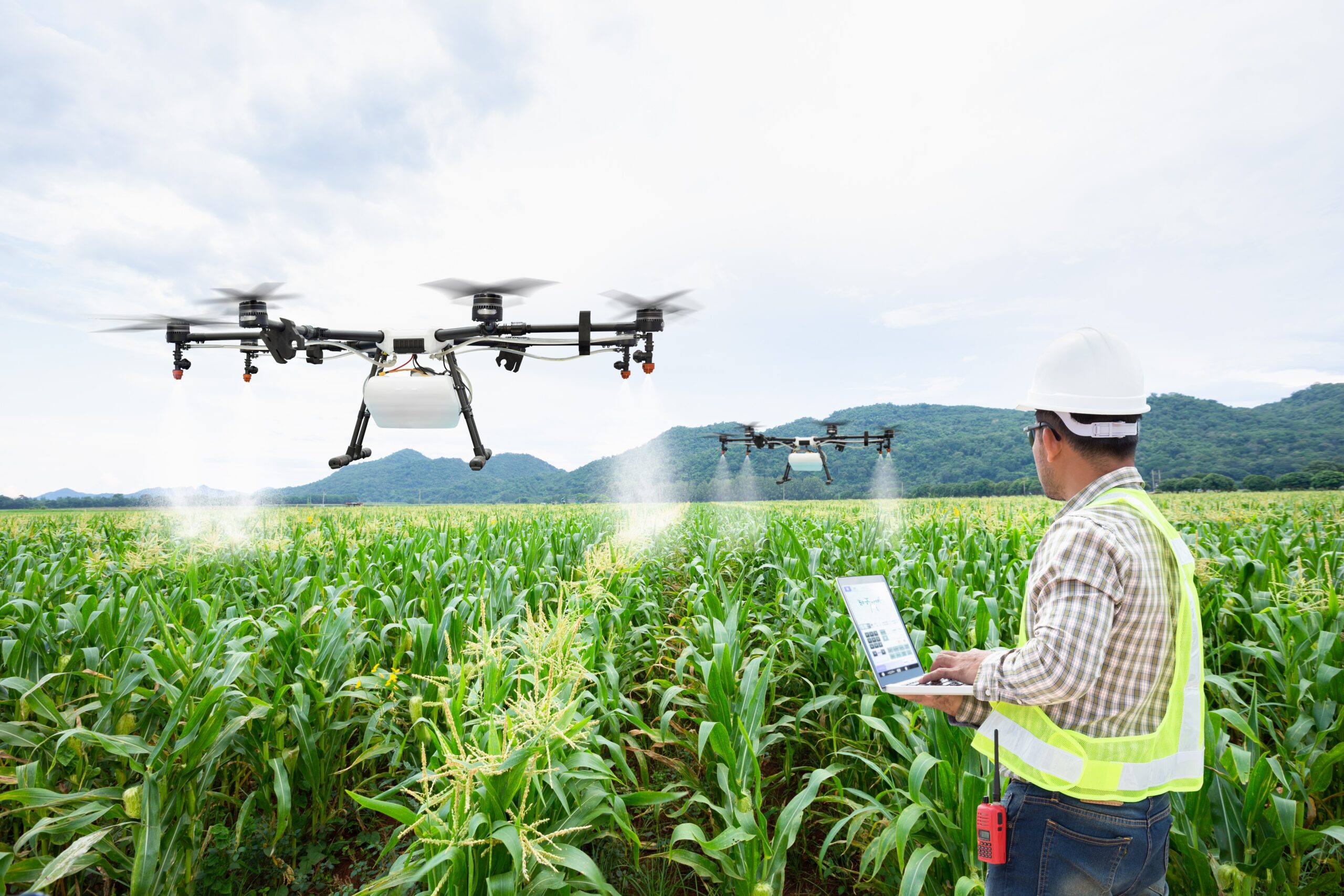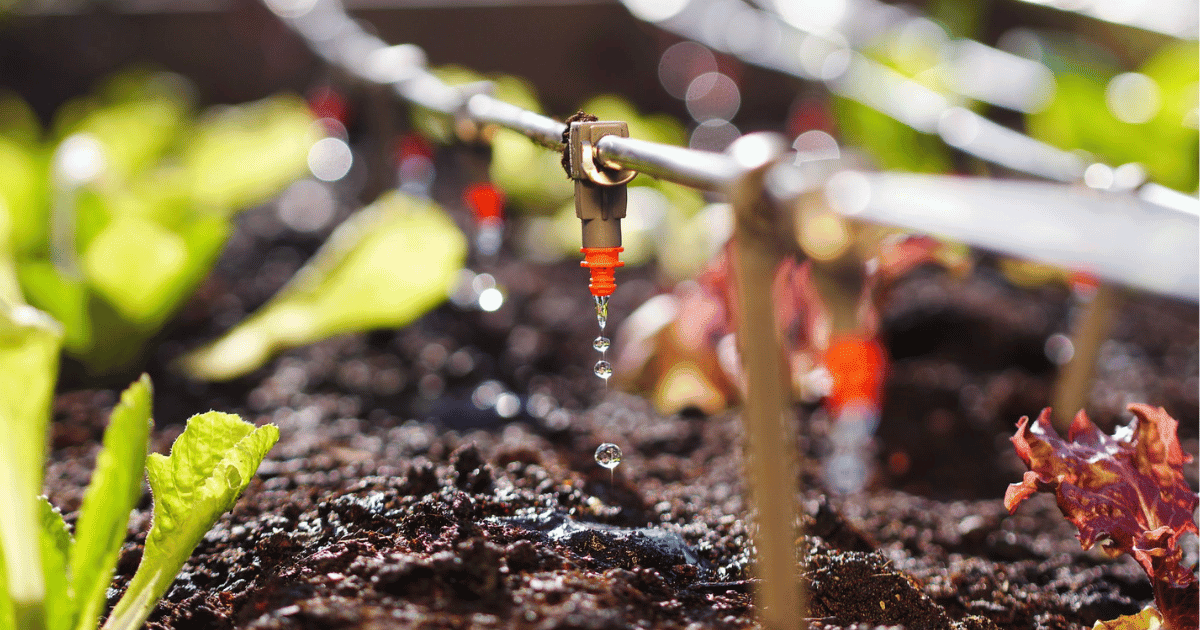South Africa’s reputation as a net food exporter and a leading force in high-value horticultural markets stands in stark contrast to its long history of water scarcity, periodic droughts, and unpredictable rainfall. Despite these challenges, the country’s agricultural sector continues to thrive, largely due to the adoption of cutting-edge agricultural technologies that optimize water usage and increase productivity.
The Role of Technology in Water-Efficient Farming
As part of World Water Day, observed on 22 March, Arno Abeln, managing director at Agrimark Operations, highlighted the crucial role that advanced irrigation technologies play in sustaining South African agriculture. These innovations integrate with precision agriculture systems to maximize efficiency and optimize yields, ensuring the best possible use of scarce water resources.
Modern irrigation systems such as drip irrigation, micro-irrigation, and automated water management solutions are being widely adopted to reduce water waste and enhance soil moisture retention. These systems allow for precise water delivery to crops, minimizing evaporation and runoff while ensuring that plants receive the necessary hydration at the right time.
South Africa’s irrigation infrastructure, including drip systems, microfilters, pumps, and piping, has an estimated replacement value of R34 billion based on the hectares currently under production. With an annual replacement rate of approximately 3%, the market size for irrigation infrastructure stands at R1 billion per year.

The Future of Precision Farming
The agricultural sector is rapidly transitioning toward precision farming, which relies on data-driven decision-making and state-of-the-art technology. Advanced irrigation systems are now being integrated with artificial intelligence (AI), remote sensing, and Internet of Things (IoT) devices to monitor soil moisture, climate conditions, and plant health in real-time.
Abeln noted that as more farmers transition to precision farming techniques, the demand for smart irrigation technology will continue to grow. This evolution will not only expand the market but also drive further innovations in sustainable water use within the agricultural sector. The increased adoption of digital agriculture, including satellite imagery and drone technology, will help farmers detect and address water stress in crops before it affects yield.
Sustainability and Water Management
Agriculture accounts for roughly 60% of South Africa’s available water resources, making sustainable irrigation practices a necessity for the industry’s long-term viability. Farmers must adopt water conservation strategies such as rainwater harvesting, soil moisture conservation techniques, and crop rotation to mitigate the effects of water scarcity.
In addition to irrigation advancements, agronomists and researchers are working on drought-resistant crop varieties that require less water without compromising productivity. These genetically improved crops can withstand prolonged dry spells, ensuring stable harvests even in unfavorable weather conditions.
Government and private-sector partnerships are also playing a critical role in supporting farmers through access to financing, training, and subsidized water-saving technologies. Policies promoting responsible water usage and conservation are being enforced to ensure that the agricultural sector continues to operate sustainably.

Overcoming Challenges and Looking Ahead
Despite the progress made, challenges remain in ensuring that all farmers, particularly small-scale and emerging farmers, have access to advanced irrigation technologies. High initial investment costs, lack of technical knowledge, and limited financial support hinder the widespread adoption of these systems.
To address these issues, industry stakeholders are working on initiatives such as low-cost irrigation solutions, government grants, and educational programs to equip farmers with the necessary skills to implement and maintain modern irrigation techniques.
By leveraging advanced irrigation and precision farming technologies, South African farmers are demonstrating resilience in the face of water scarcity. Continued investment in agricultural technology, research, and sustainable practices will be crucial in securing both their livelihoods and the nation’s food security for the future. As global climate patterns continue to shift, South Africa’s ability to adapt and innovate will determine its success in maintaining agricultural productivity amid increasingly erratic weather conditions.